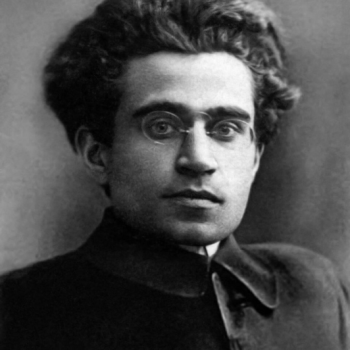Some 1,000 American troops have been sent to Africa to help in the fight against Ebola. Plans are to send as many as 3,900. As with others who care for Ebola patients, these military men and women risk catching the disease themselves. And then they will come home. So the Pentagon is requiring all troops that have been part of this mission to be put into a 21-day quarantine upon their return.
This is a commendable duty on the part of the servicemen and women who are risking their lives–as they do in so many other ways–to protect others. And yet, is this a proper task for our military? They are trained to fight human enemies, not viral ones. I suppose many of those sent over have medical specialties, but still, this seems an odd use of our military might. Is this a violation of vocation? Also, the danger to them and to those they return to is considerable. Again, I honor these men and women, and I commend our country’s efforts to battle the disease in Africa, and maybe the military is the only manpower that can be easily accessed for the job. But still. . . .What do you think?
From Pentagon Orders 21-Day Ebola Quarantine for Troops – ABC News:
Ordering firm restrictions for U.S. troops returning from West Africa, Defense Secretary Chuck Hagel said Wednesday that the military men and women helping fight Ebola must undergo 21-day quarantines — longer than required for many civilian health care workers.
In Maine, meanwhile, a civilian nurse was vigorously resisting the quarantine she was told to undergo. Kaci Hickox, who had treated Ebola patients in West Africa, said she planned to stop quarantining herself in her home, signaling a potential showdown on Thursday with state police monitoring her movements and Maine officials preparing to legally enforce the order.
President Barack Obama, meeting with health care workers at the White House, acknowledged that the United States was not invulnerable to the disease but cautioned against discouraging civilian volunteers with overly restrictive measures upon their return home. “We can’t hermetically seal ourselves off,” he declared.
There seemed to be good news from the region of most severe outbreaks. The World Health Organization said the rate of new Ebola infections in Liberia appeared to be declining, although it cautioned that the epidemic there was far from over.
Nearly 5,000 people have died and more than 13,700 have been sickened in the outbreak, which has hit Liberia, Guinea and Sierra Leone hardest. More than 6,300 of those are in Liberia alone. The U.S. military has nearly 1,000 troops in Liberia and just over 100 in Senegal supporting efforts to combat the virus. The total could grow to 3,900 under current plans, although none are intended to be in contact with Ebola patients.
















